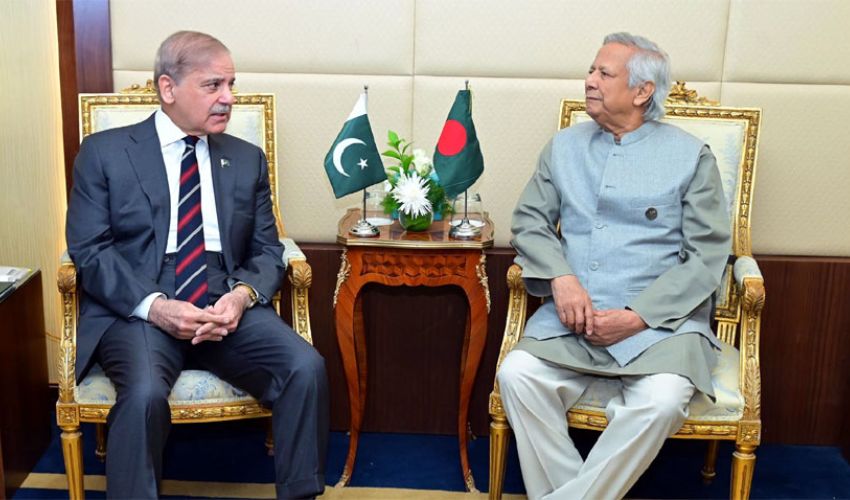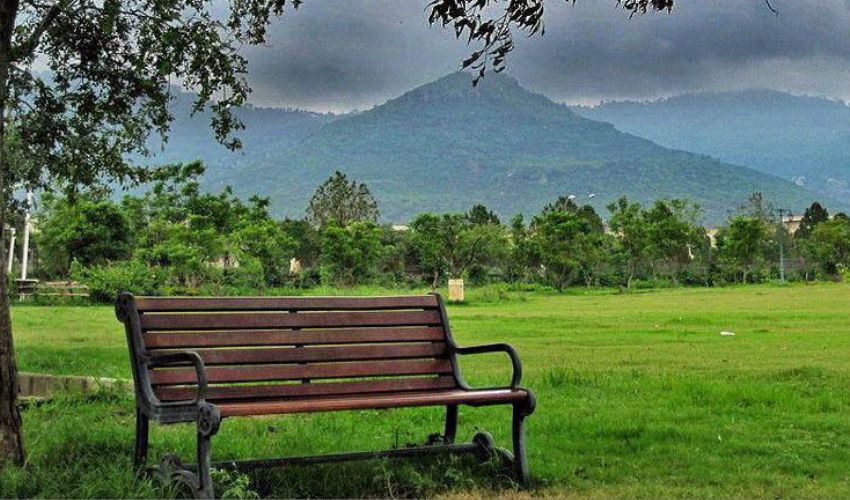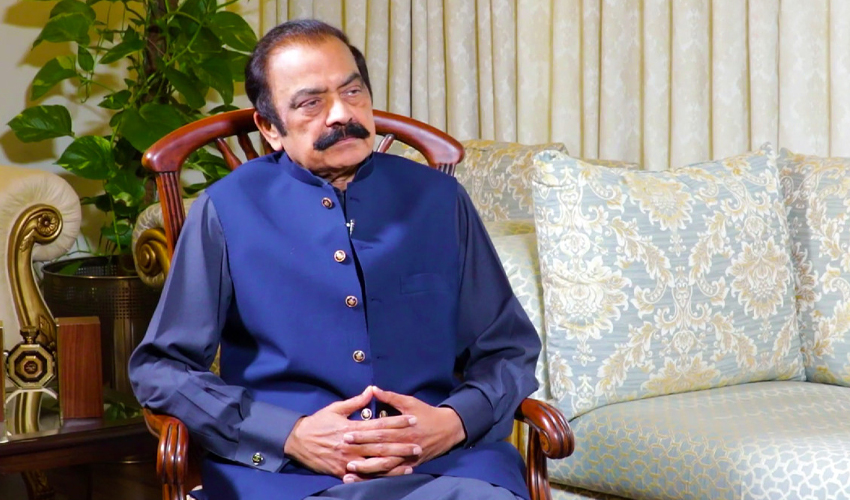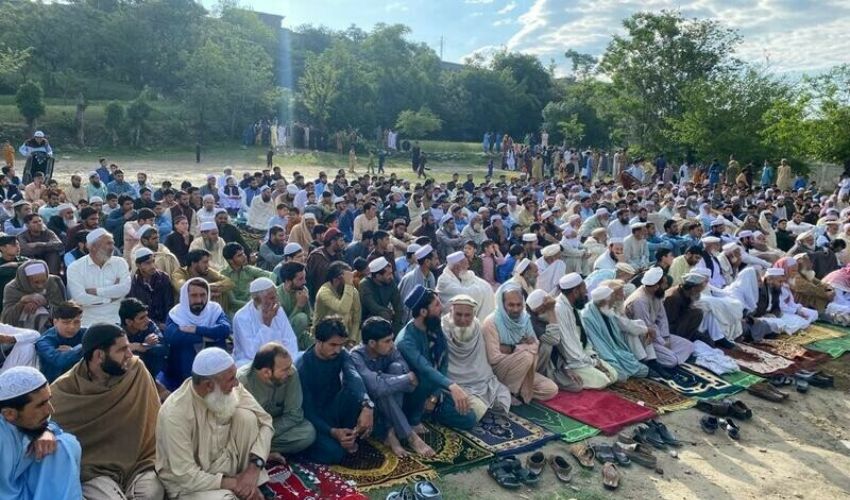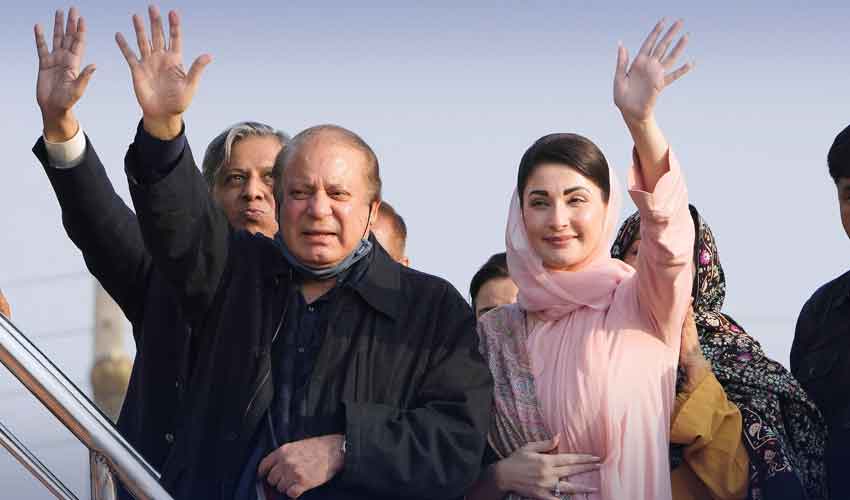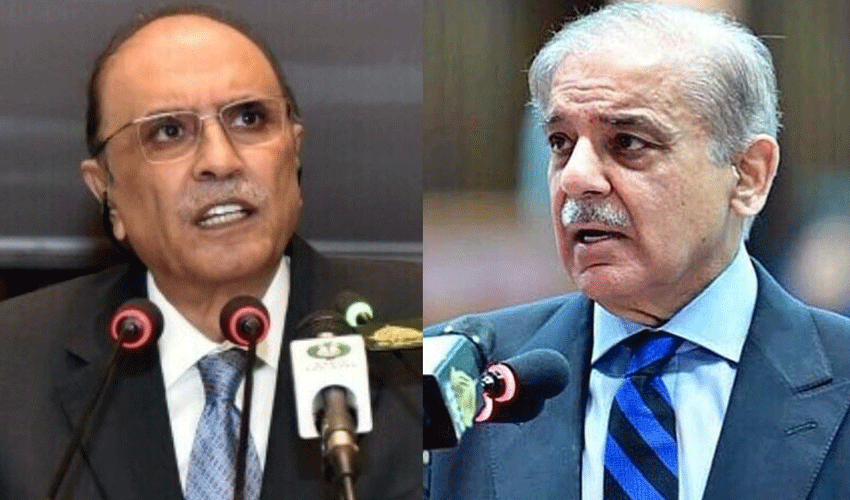A significant discrepancy in poverty statistics has come to light as the World Bank and Pakistani government agencies present conflicting figures on the number of impoverished citizens in Pakistan.
According to the latest data from the World Bank, a staggering 40 percent of Pakistan's population, exceeding 90.5 million people, currently lives below the poverty line.
The World Bank defines individuals earning less than Rs1,940 per day as “impoverished”.
This alarming figure has surged by 1.5 million in just one year, highlighting the dire situation faced by a large portion of the nation's residents.
In a candid conversation with Samma TV, Najy Benhassine, the Country Director of the World Bank, emphasized the urgency of accelerating economic activities to combat poverty.
He outlined a comprehensive strategy, including investing in education and healthcare, reducing child stunting, and protecting existing businesses to generate employment opportunities and alleviate poverty, particularly in rural areas and the agricultural sector.
However, the Pakistan Institute of Development Economics (PIDE), led by Vice Chancellor Nadeem ul Haque, categorically rejected the World Bank's poverty statistics.
Haque argued that the cost of living factors such as rising property prices, clothing expenses, and the affordability of vehicles for low-income individuals have not been adequately considered by the international organization.
"We see from our data, so much poverty is not seen in Pakistan. If you raise the angle of poverty again and again, poverty will increase. They raise it again and again in Pakistan. The poverty rate is 20 to 22 percent," said Nadeem ul Haque, underscoring a significant disparity in their findings.
The conflicting reports have sparked a nationwide debate on the actual extent of poverty in Pakistan and the effectiveness of current poverty alleviation measures.
Experts suggest that addressing these issues may require reducing government expenditure and raising the tax-to-GDP ratio to 22 percent.
Only through accurate data and collaborative efforts can Pakistan hope to develop effective strategies to uplift its impoverished citizens and achieve sustainable economic growth.










